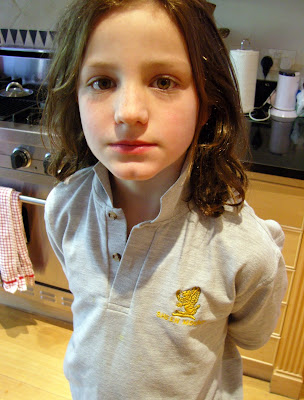On Behaviour - Robert Frank
The Impact of the Irrelevant on Decision-Making, by Robert H. Frank, Commentary, NY Times: Textbook economic models assume that people are well informed about all the options they’re considering. It’s an absurd claim... Even so, when people confront opportunities to improve their position, they’re generally quick to seize them. ... So most economists are content with a slightly weaker assumption: that people respond in approximately rational ways to the information available to them.
But behavioral research now challenges even that more limited claim. For example, even patently false or irrelevant information often affects choices in significant ways. ...
An intriguing example ... comes from a 1974 ... experiment by the psychologists Daniel Kahneman and Amos Tversky. In the experiment, subjects first spun a wheel that supposedly would stop at random on any number between 1 and 100. Then they were asked what percentage of African countries belongs to the United Nations. For one group of subjects, the wheel was rigged to stop on 10; for a second group, on 65. On average, the first group guessed that 25 percent belong to the United Nations, but the second group guessed 45 percent.
All subjects would have insisted, correctly, that the number on the wheel bore no relation to the correct answer to the question. Yet, obviously,... demonstrably false or irrelevant information can influence judgments, which in turn influence decisions. In such cases, Professors Tversky and Kahneman wrote in 1981, “the adoption of a decision frame is an ethically significant act.”
Policy makers have long recognized the potential danger of false statements by advertisers. ... But what about merely irrelevant statements, or only implicitly misleading ones? ... Such ads make no explicitly false claims, but that doesn’t make them less misleading, even for informed consumers. ... [P]oliticians employ patently false statements to shift the terms of important public debates. Of course, politicians of both parties have long taken liberties with the truth. But ... Republicans have lately been far more aggressive in stretching traditional boundaries. ...
Can anything be done? For a variety of practical reasons, legal sanctions promise little protection against blatantly false statements. It is helpful, to be sure, when journalists call out politicians who stray too far from the truth. But merely knowing that a statement is false doesn’t nullify its impact. To be effective, a remedy must ... discourage people from making false statements in the first place.
Economists have long recognized that social sanctions are often an effective alternative to legal and regulatory remedies. ... People who know they’ll be ridiculed for telling untruths are more likely to show restraint. ... In recent years, the most conspicuous public falsehoods have been ridiculed by independent bloggers and Comedy Central’s faux news hosts. But television and Internet audiences are highly segmented. Many of Jon Stewart’s targets may never hear his riffs about them, or may even view them as badges of honor.
That’s why it’s important for the circle of critics to widen — and why we need to remember that framing a discussion appropriately is “an ethically significant act.”



















